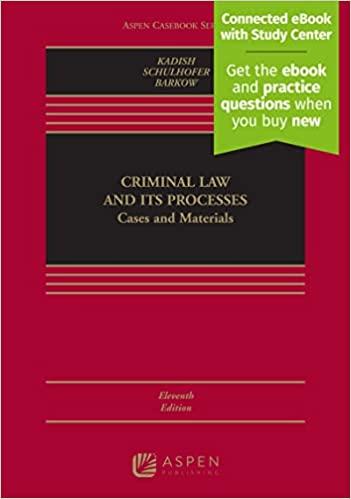Question
falsehood. He may be said to be in error, and this perhaps because his will to know has overstepped the boundary of his reason; yet
falsehood. He may be said to be in error, and this perhaps because his will to know has overstepped the boundary of his reason; yet such a man does not lie, for knowledge of the falsity of one's assertions is essential to the act of lying. Thus, when the ancients propounded ridiculous notions concerning the nature of the heavenly bodies, they did not lie, as a proper understanding of celestial phenomena was not within their grasp.
Which one of the following best describes the argument in the passage above?
Select one:
a. The argument attempts to draw a false conclusion from an inaccurate definition by using an analogy.
b. The argument draws a conclusion about the past from evidence about the present.
c. The argument denies a proposed effect by first denying its proposed cause.
d. The argument uses a specific definition as evidence, and draws a conclusion from the definition.
e. The argument concludes the truth of a general principle from evidence about one instance of the principle.
Step by Step Solution
There are 3 Steps involved in it
Step: 1

Get Instant Access to Expert-Tailored Solutions
See step-by-step solutions with expert insights and AI powered tools for academic success
Step: 2

Step: 3

Ace Your Homework with AI
Get the answers you need in no time with our AI-driven, step-by-step assistance
Get Started


